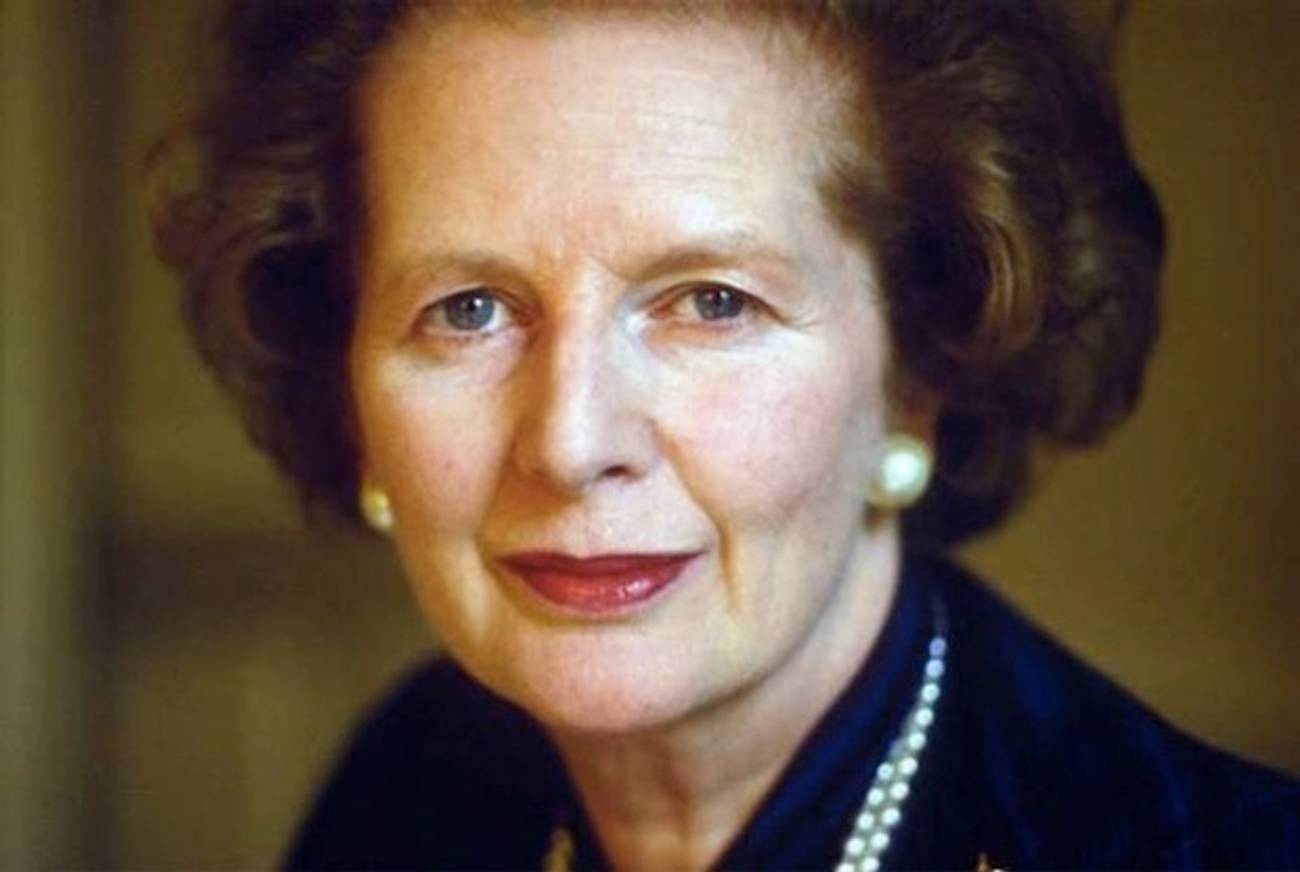Margaret Thatcher and Yom Hashoah
According to the late Iron Lady, saving an Austrian Jewish girl was her proudest moment




As tributes begin to pour in from across the world to honor Baroness Margaret Thatcher, the former British Prime Minister who passed away earlier today, the hope is that the global mourning for Thatcher will not obscure another important observance–Yom Hashoah.
Fortunately for us, history sometimes dovetails nicely and the remembrances of Thatcher–who held many honorifics as a long-serving prime minister and woman pioneer in British politics–can boast Thatcher’s sensitivity toward and fidelity to the important Jewish causes of her era. Leading this, I’d like to point back to Charles Johnson’s thorough exploration of Thatcher’s relationship with the Jews, written in late December of 2011.
Johnson starts with what Thatcher often said was her greatest accomplishment, which was not her work in helping to topple the Soviet Union or being the first British woman to hold the post of prime minister, but rather, was her work as a child to save a Jewish teenager in Austria from the grasp of Hitler’s terror.
In 1938, Edith Muhlbauer, a 17-year-old Jewish girl, wrote to Muriel Roberts, Edith’s pen pal and the future prime minister’s [Margaret Thatcher] older sister, asking if the Roberts family might help her escape Hitler’s Austria. The Nazis had begun rounding up the first of Vienna’s Jews after the Anschluss, and Edith and her family worried she might be next. Alfred Roberts, Margaret and Muriel’s father, was a small-town grocer; the family had neither the time nor the money to take Edith in. So Margaret, then 12, and Muriel, 17, set about raising funds and persuading the local Rotary club to help.
Edith stayed with more than a dozen Rotary families, including the Robertses, for the next two years, until she could move to join relatives in South America. Edith bunked in Margaret’s room, and she left an impression. “She was 17, tall, beautiful, evidently from a well-to-do family,” Thatcher later wrote in her memoir. But most important, “[s]he told us what it was like to live as a Jew under an anti-Semitic regime. One thing Edith reported particularly stuck in my mind: The Jews, she said, were being made to scrub the streets.” For Thatcher, who believed in meaningful work, this was as much a waste as it was an outrage. Had the Roberts family not intervened, Edith recalled years later, “I would have stayed in Vienna and they would have killed me.” Thatcher never forgot the lesson: “Never hesitate to do whatever you can, for you may save a life,” she told audiences in 1995 after Edith had been located, alive and well, in Brazil.
Throughout Thatcher’s life, this commitment never waned. Divisive as she was, her energetic work to supplant British support for the Arab boycott of Israel, her hectoring of Soviet Union officials about the treatment of Jewish refuseniks, her inclusion of Jewish leaders in her cabinet (to the frustration of some), and her landmark visit to Israel–the first by a sitting British prime minister–will likely keep her as a cherished figure in the collective Jewish memory for a long time to come.
Adam Chandler was previously a staff writer at Tablet. His work has appeared in the New York Times, the Wall Street Journal, the Atlantic, Slate, Esquire, New York, and elsewhere. He tweets @allmychandler.